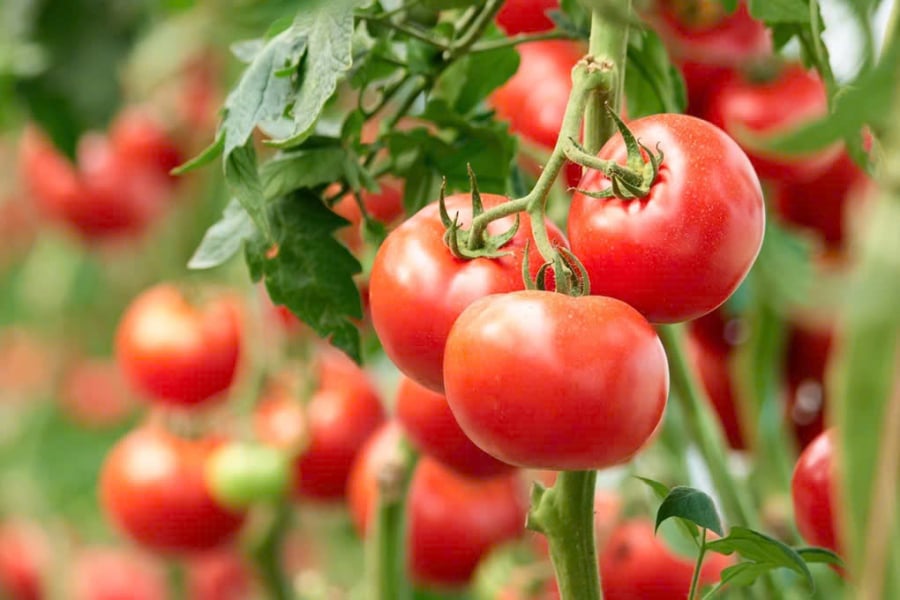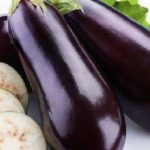As we age, our bodies undergo various physical and mental changes, and a healthy diet becomes increasingly crucial for overall well-being, disease prevention, and quality of life. So, what should people over 50 eat to stay healthy and prolong their lives?
Here are six types of foods that individuals over 50 should incorporate regularly into their diets to maintain good health, boost immunity, and help prevent diseases.
1. Tomatoes – Powerful Antioxidant “Bodyguards”

Tomatoes are rich in lycopene, a potent antioxidant that neutralizes free radicals, helping to prevent atherosclerosis and protect cardiovascular health. Cooking enhances the absorption of lycopene, so it’s advisable to consume fully ripened or heat-processed tomatoes, such as tomato sauce or soup.
2. Fish – Excellent Source of Omega-3
Incorporating fish into your diet at least 2-3 times a week is beneficial for people over 50. Fish provides healthy fats like EPA, DHA, and Omega-3, which have anti-inflammatory properties and support cardiovascular health. They also aid in maintaining brain function and can help prevent memory decline, a common issue among older adults.
3. Berries – Anti-Aging and Memory-Boosting
Berries, such as blueberries, raspberries, and strawberries, are packed with vitamin C, fiber, and flavonoids. These compounds have been linked to enhanced cognitive function, protection of nerve cells, and improved long-term memory. According to a study published in Nature – Scientific Reports in 2022, berry compounds positively impact cognitive function and information processing speed.
4. Dark Leafy Greens – Digestive and Cardiovascular Support
Aging often leads to digestive issues, making it crucial to include fiber-rich leafy greens in your diet. Vegetables like spinach, kale, broccoli, and sweet potato leaves provide fiber to prevent constipation and help lower bad cholesterol, reducing the risk of heart disease. They also contain folate, vitamin K, and magnesium, which promote bone health and regulate blood pressure.
5. Nuts and Seeds – Healthy Fats and Protein
Almonds, walnuts, chia seeds, and pistachios are excellent sources of nutrition for middle-aged individuals. They are rich in vitamin E, omega-3 fatty acids, fiber, plant-based proteins, and minerals like magnesium, zinc, and selenium. Consuming a moderate amount of nuts and seeds daily can improve blood sugar control, lower bad cholesterol, and boost natural immunity.

6. Soy – Heart Health and Sleep Support
- Isoflavones help balance female hormones and alleviate menopausal symptoms.
- Potassium regulates blood pressure and reduces the risk of stroke and heart disease.
- Magnesium promotes deeper sleep, addressing middle-age sleep issues.
In addition to a healthy diet, individuals over 50 should maintain a gentle exercise routine, adequate sleep, stress management, and regular health check-ups. Embrace a nutritious diet as your companion for a healthier, more energetic, and longer life.
The Secret to Fluffy, Voluminous Eggs: A Simple Trick to Double Your Breakfast Delight
The humble fried egg is a favorite among many, especially children. A simple dish, yet so versatile and satisfying – just a couple of eggs, a dash of seasoning, and a quick 5-minute fry is all it takes. The golden, runny yolks are a delight, whether paired with toast, plain rice, or even sticky rice. A true comfort food, fried eggs are a quick and easy way to brighten up any meal.





































